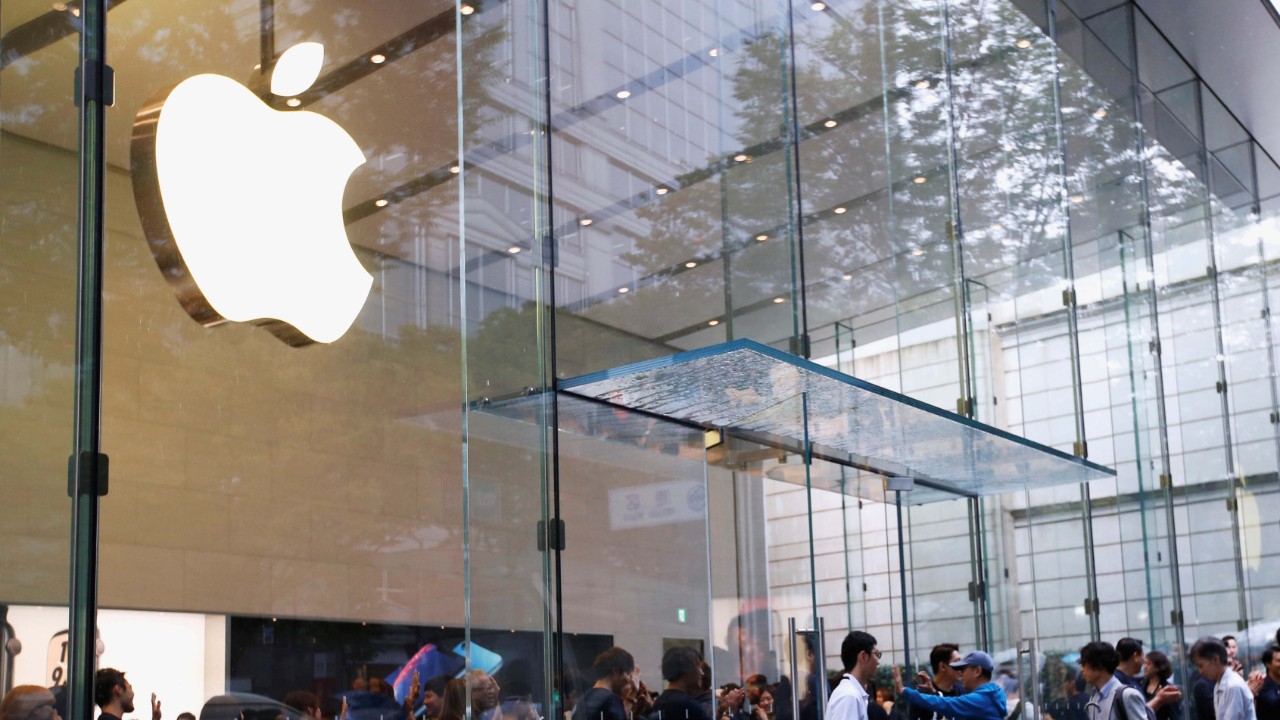iPhone 15 Pro struggles with Resident Evil 4 Remake
The new iPhone 15 Pro is reported to struggle to maintain 30fps in the Resident Evil 4 Remake game.

Apple's recent foray into the gaming market with the iPhone 15 Pro series has encountered some challenges, especially with the performance of the upcoming Resident Evil 4 Remake. Despite being marketed as a gaming powerhouse, capable of handling AAA games like Resident Evil Village, the iPhone 15 Pro showed less than optimal performance in the latest tests conducted on the Resident Evil 4 Remake. In contrast, the M2 powered iPad Pro demonstrated a significantly better gaming experience.
The performance tests, conducted by MrMacRight, compared the gaming capabilities of the iPhone 15 Pro, M1 iPad, and M2 iPad Pro, with a specific focus on "Resident Evil 4: Remastered." The results, detailed in a video, highlighted that the iPhone 15 Pro struggled to maintain a satisfactory frame rate. Even though the game was running at a resolution of 1560×720 with MetalFX sharpening technology enabled, it consistently failed to reach the capped 30 frames per second (FPS) on iOS. In scenes with higher intensity, such as combat, the frame rate dropped significantly, often falling below 25 FPS and sometimes even as low as 20 FPS. This drop in frame rate caused noticeable stuttering in the graphics, particularly during sniper rifle usage, which significantly hampered the gaming experience.
iPhone 15 Pro struggles with Resident Evil 4 Remake
The iPhone 15 Pro's struggles with the game are particularly notable in light of the successful adaptation of Resident Evil Village to the iOS platform. Unlike Resident Evil Village, the iOS version of Resident Evil 4 Remake lacks customizable settings and relies on preset graphics configurations. A notable absence in the game is the much-anticipated ray tracing feature, which Apple had previously emphasized.
One potential reason for the iPhone 15 Pro's subpar performance in these tests is heat dissipation issues. During the testing, the device experienced rapid temperature increases, which likely led to a reduction in frequency limit, exacerbating the stuttering issues. Interestingly, the tests showed that the iPad Pro equipped with the M2 chip did not face these challenges and offered a superior gaming experience, running the game at a higher resolution and with a more stable frame rate.
This comparison underscores the challenges Apple faces as it pushes into the gaming market, especially when delivering consistent gaming experiences across different devices.
 iPhone 17 Pro Max rumored to feature a 48MP telephoto lensMobile
iPhone 17 Pro Max rumored to feature a 48MP telephoto lensMobile





